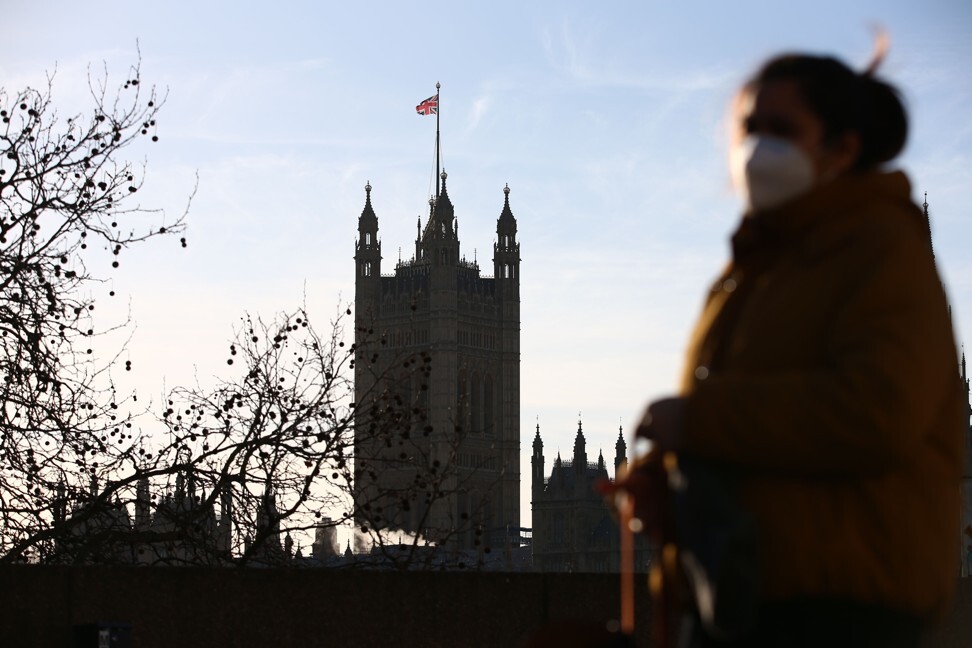
Coronavirus: China National Biotec Group vouches for its vaccine against mutant strains spreading overseas
- Along with foreign vaccine developers, CNBG assures that its vaccine will protect against new Covid-19 variants
- Chinese CDC researcher says scientists are prepared for mutations and could modify an inactivated vaccine within two months
“Data we have collected so far shows antibodies produced by our inactivated vaccines can cover all viruses isolated from different parts of the world,” said Yang Xiaoming, who is chairman of the state-owned Sinopharm subsidiary as well as the chief scientist of the vaccine project.
“Biologists in China say we develop vaccines that we will use on our families. This is our pursuit and shows our confidence,” he said.
How many people need a Covid-19 vaccination to halt its spread?
More than 15 million people have had Covid-19 vaccines in China, according to the latest figures from the National Health Commission.

The vaccine “is expected to be protective against emerging strains detected to date”, the company said in a press release and added that the results would be submitted for peer-reviewed publication.
“Despite this reduction, neutralising titre levels with [the variant discovered in South Africa] remain above levels that are expected to be protective,” the company said.
Pfizer and BioNTech said last week that their vaccine could protect against the variant found in Britain after testing the blood of 16 people who had received the vaccine in previous trials.
“Should a vaccine strain change be required to address virus variants in the future, the companies believe that the flexibility of BioNTech’s proprietary mRNA vaccine platform is well suited to enable such adjustment,” according to the press release, which added that the results had been submitted to a peer-reviewed journal.
How the Covid-19 vaccines compare and who can get them
“The newer vaccines, like the mRNA and adenovirus-vectored vaccines that only package the genetic code for the virus S gene required, can be produced more quickly – in one to three months,” he said.
“Inactivated vaccines and subunit vaccines, like the seasonal flu vaccine, take longer to modify because of the need to culture large quantities of the virus to then purify and make into vaccines – so about three to six months.”
Despite the optimistic lab results, Tang said post-licence monitoring was important to determine the effectiveness of vaccines in real life when people were exposed to viruses.
Shao Yiming, chief HIV researcher at the Chinese Centre for Disease Control and Prevention, said lab tests showed Chinese-developed vaccines could protect against all coronavirus mutants that had so far spread to China from overseas.
Shao, who advises on China‘s vaccine research and development, told the nationalist Global Times tabloid that scientists were prepared for future coronavirus mutations and could modify an inactivated vaccine within two months.
He said the process of redesigning inactivated vaccines might take a month longer compared to mRNA vaccines which were developed by chemical synthesis. The inactivated technology involves a biological process which took time to breed the replaced cells.

